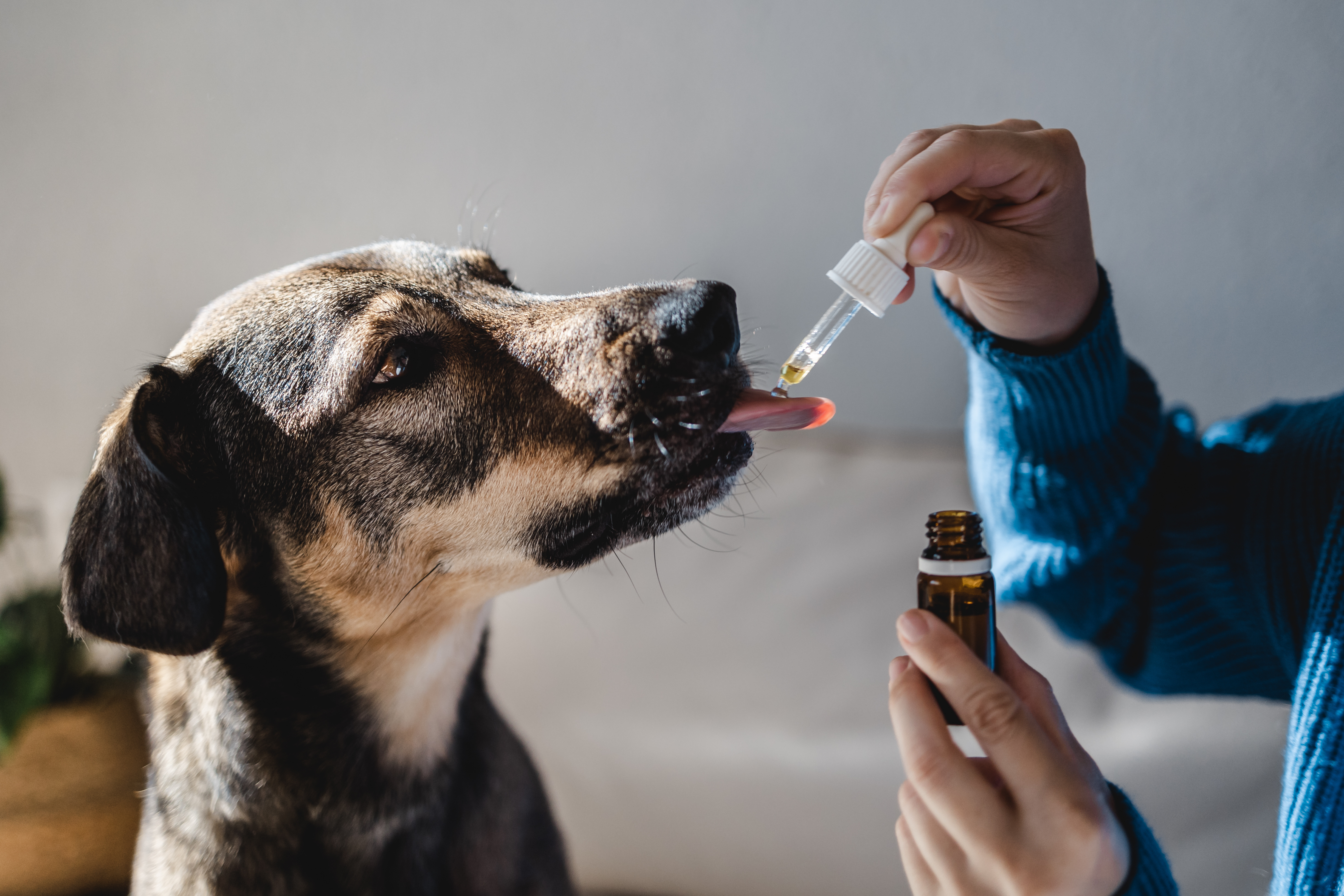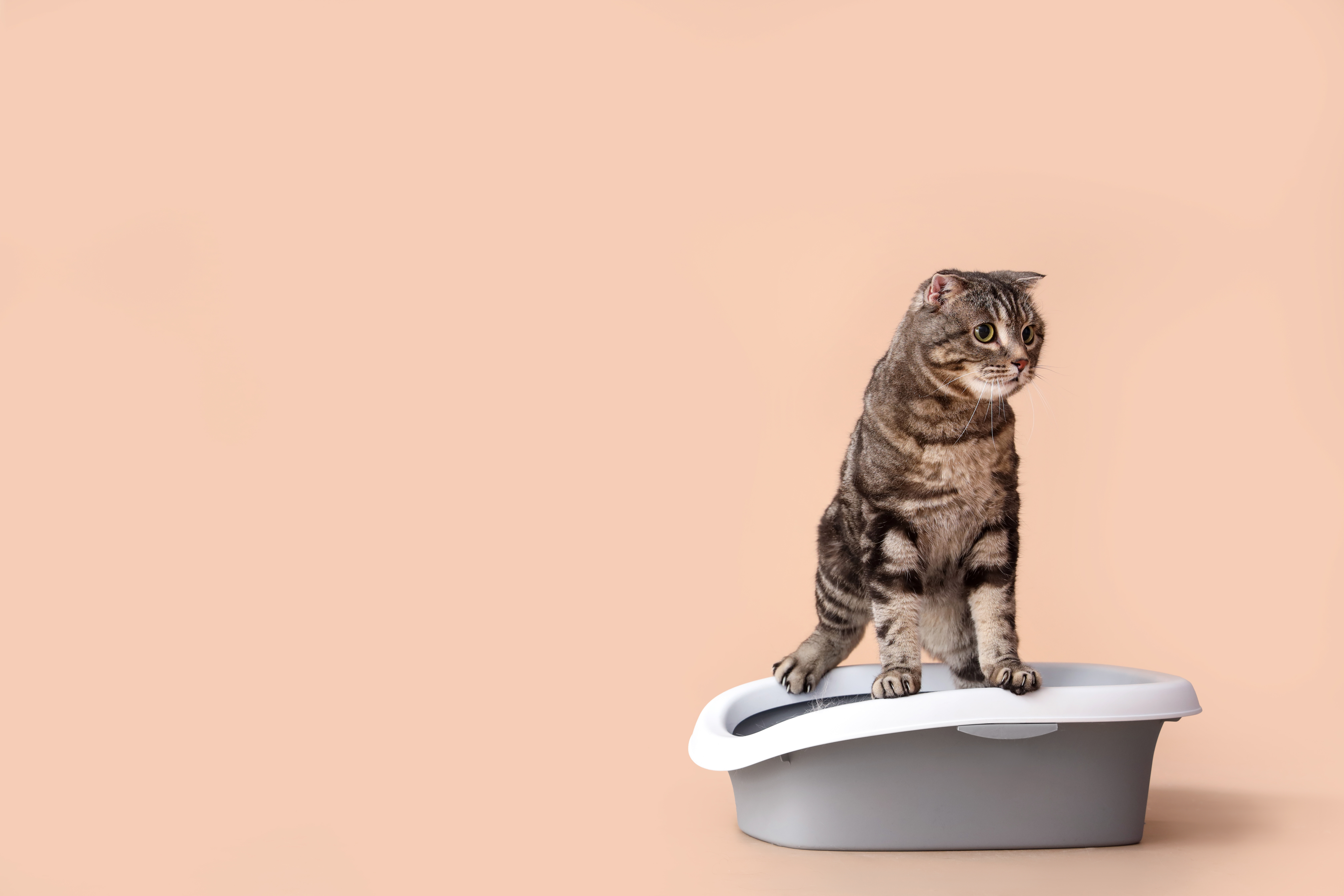Key Takeaways
- Alternative therapies for pets, inspired by traditional and natural practices, offer complementary options to conventional veterinary treatments and include acupuncture, chiropractic care, and herbal medicine.
- These treatments, including hydrotherapy and aromatherapy, promote overall well-being and relaxation.
- Some therapies, like homeopathy and Reiki, remain topics of debate within the veterinary community due to limited empirical evidence supporting their efficacy.

In recent years, pet owners have broadened their horizons in search of holistic approaches to pet wellness, leading them to the world of alternative therapies. These therapies, often inspired by age-old traditions and natural practices, offer a departure from conventional veterinary treatments. They encompass a wide array of treatments, from acupuncture to herbal remedies, each promising a unique set of benefits for our four-legged friends. This surge in popularity underscores a growing desire among pet owners to explore every avenue of health and well-being for their beloved companions, ensuring they have the financial support through pet insurance to pursue diverse treatment options.
Acupuncture
Acupuncture, a practice with roots deeply embedded in ancient Chinese medicine, has gracefully made its transition into the realm of veterinary care. By inserting fine needles into specific points on the body, this time-honored technique aims to stimulate healing and promote balance. Many pet owners have turned to acupuncture as a remedy for various ailments plaguing their furry friends, finding relief from pain, arthritis, and a myriad of other conditions. However, like all treatments, it's essential to approach acupuncture with caution. While generally considered safe, it's paramount to ensure the procedure is administered by a trained professional, and pet owners should remain vigilant for any potential side effects or discomfort in their pets post-treatment.
Chiropractic Care
Chiropractic care, while commonly associated with the two-legged, has paved its way into the sphere of animal wellness. This hands-on approach focuses on adjustments to the spine and other parts of the body, aiming to restore optimal alignment and promote natural healing. Many a pet owner has marveled at the renewed vitality and improved mobility their companions display post-adjustment, cherishing the relief it brings from pain and stiffness. However, it's not a one-size-fits-all remedy. As with all treatments, there are circumstances where chiropractic intervention might not be the best choice. It's always essential to consult with a knowledgeable veterinarian, ensuring the safety and well-being of our cherished pets.
Herbal Medicine
Herbal medicine, a practice as ancient as civilization itself, involves harnessing the therapeutic properties of plants to address a spectrum of health concerns. In the world of pet care, these natural remedies have gained traction, offering alternatives or supplements to conventional treatments. From echinacea to milk thistle, these botanical wonders can provide relief for ailments ranging from digestive issues to skin irritations. However, nature's pharmacy, while potent, requires a discerning approach. Not all herbs are suitable for every pet, and potential interactions with other medications, as well as allergies, necessitate a thorough consultation with a veterinarian before embarking on any herbal regimen.
Homeopathy
Homeopathy, a distinct branch of holistic medicine founded in the 18th century, operates on the principle of "like cures like." It posits that substances which cause symptoms in a healthy individual can, when diluted, treat similar symptoms in a sick individual. In the realm of pet care, some owners have turned to homeopathic remedies, attributing relief from both chronic and acute conditions to these often minute preparations. Yet, while tales of success abound, homeopathy remains a topic of debate within the broader veterinary community. The scientific evidence supporting its efficacy is limited, and there are concerns regarding possible contraindications with other treatments. As always, a well-informed discussion with a trusted veterinarian is imperative before introducing any new treatment to our pets' regimen.
Hydrotherapy
Hydrotherapy, a therapeutic modality with water at its core, has made waves in the canine wellness community. By utilizing the buoyancy, resistance, and therapeutic properties of water, hydrotherapy offers an array of treatments, from underwater treadmills to therapeutic pools. For many pets, the embrace of warm water provides a sanctuary for rehabilitation after surgery, a means to strengthen atrophied muscles, or simply a serene environment for relaxation. However, while many dogs take to water like ducks, it's crucial to remember that hydrotherapy may not be the panacea for all. Certain conditions or fears can make it unsuitable for some pets, and the risk of potential injuries, however slight, emphasizes the need for professional oversight and individualized care during sessions.
Aromatherapy
Aromatherapy, once reserved primarily for human indulgence, has found a niche in the world of pet care. Rooted in the use of essential oils distilled from plants, this fragrant therapy aims to harness the therapeutic properties of nature's bouquet. Many pet owners have turned to aromatherapy as a gentle approach to address challenges like stress, skin irritations, and even certain respiratory issues in their four-legged companions. However, while the allure of these natural scents is undeniable, caution is of the essence. Not all essential oils are pet-friendly, and some can even be toxic, especially if ingested or applied undiluted. As with all alternative therapies, a consultation with a seasoned veterinarian is essential before introducing aromatherapy into a pet's wellness routine.
Massage Therapy
Massage therapy, a practice often associated with luxury spa days for humans, has made its rightful debut in the pet wellness arena. Through the skillful manipulation of muscles and soft tissues, massage offers a hands-on approach to relaxation and healing. For our canine companions, a well-executed massage can be a balm for the soul and body, alleviating stress, enhancing circulation, and facilitating deep relaxation. Yet, as therapeutic as it may be, massage isn't universally suitable. Some conditions, injuries, or sensitivities may make massage a less-than-ideal choice for particular pets. As with all interventions, the guiding hand of a knowledgeable veterinarian, combined with a trained pet massage therapist, ensures the best and safest experience for our furry friends.
Reiki
Reiki, a Japanese practice centered around energy healing, has gradually found its place among the diverse tapestry of pet wellness techniques. Rooted in the belief that all living beings possess a life force energy, Reiki practitioners aim to channel positive energy, promoting balance and healing. Pet owners who have embraced this ancient art attest to its benefits, observing enhanced emotional balance, palpable stress relief, and an overall sense of well-being in their four-legged companions. However, Reiki's ethereal nature means it's not without its skeptics, especially within circles that prioritize empirical evidence. As always, it's essential for pet owners to approach Reiki with an open mind and in tandem with informed veterinary advice.
Case Studies
“…In December of last year my dog fell ill, barely being able to stand, her stomach clenched up whenever I touched it and her muscles were sore for a few days prior. I took her to Banfield, they did bloodwork found an increase in her white blood cells and when I told them that she used to be fed raw several months before (I had to take her off for money reasons, after this first vet I put her back on raw food and she has been on it ever since) they decided to blame it on that.. even though she had then been on kibble for several months with a constant breakout in hives..? They put her on a steroid and antibiotic and sent us home. She started feeling better while taking the meds but soon when I was weaning her off of them I noticed she became lethargic once again with the other symptoms coming back. This time she had pimples all over her belly as well. I brought her to two different vets after that and they all said it was because of raw feeding, they all gave her antibiotics. I didn’t believe that it was due to raw feeding, I could tell she was feeling horrible and she looked like she was going to die. After that third vet she still seemed on the verge of death. I decided to find a holistic vet in my city and I’m so glad that I did. My dog has Rocky Mountain spotted tick disease which is very important to catch early on, we got her on the correct treatment protocol and she is just doing so well it’s amazing. She still seems to have an autoimmune compromise which is a symptom of waiting too long to treat the disease, but I have hope that she will get better with the help of my new vet...”
“…Acupuncture and spinal manipulation are adjunct therapies that are gaining ground in veterinary medicine as additional tools that can be part of a patient’s overall treatment plan. Specifically, one idea is that these therapies may help reduce (not eliminate) the need for pain medications for some patients. This is useful because many pain medications have side effects or are more risky with long term use.
There is scientific peer-reviewed literature in support of the use of acupuncture in vet species. There is also still a lot left to explore here, in human med as well. I’m less familiar with the literature for spinal manipulation (which is how I’m accustomed to referring to it, rather than chiropractic)...”
Conclusion
In the ever-evolving landscape of pet wellness, alternative therapies have carved out a significant niche, offering a myriad of options for proactive pet owners. However, it's imperative to underscore the value of expert counsel. Before diving into any alternative treatment, a consultation with a trusted veterinarian is paramount. Their insights, coupled with a deep understanding of your pet's unique needs and constitution, ensure that the chosen path is both safe and beneficial.
After all, every dog has its day, and what brings vitality and joy to one might not resonate with another. Embracing this individuality, while leaning on professional guidance, ensures that our cherished companions receive the best care tailored to their unique needs.
Edited by:
Bryan Huynh
•
Product Tester & Writer
























